-
Leading Nature Index science cities in health sciences: US institutions power country’s growth
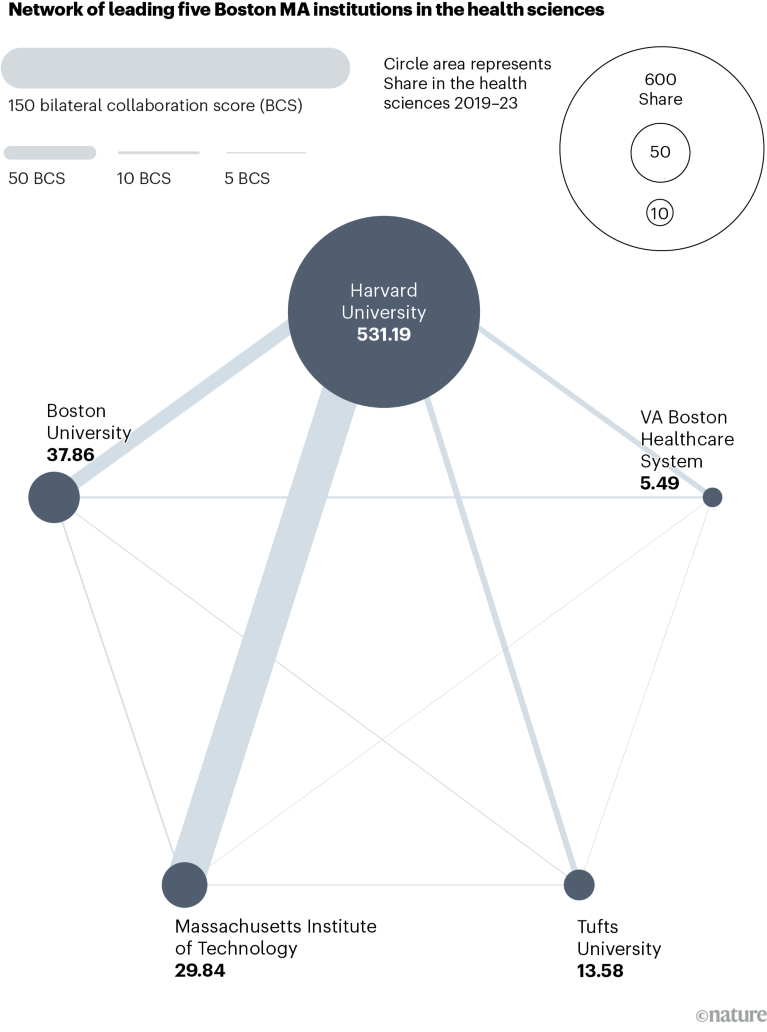
Due in part to strong institutional collaborations and industry presence, the United States has maintained its lead in health sciences, with the Boston metropolitan area (MA) taking the top spot with a Share of 676.43. However, the Massachusetts capital — which is home to numerous biotech companies, leading universities, and more than 20 hospitals —…
-
Leading Nature Index science cities in physical sciences: regional centres drive China’s progress
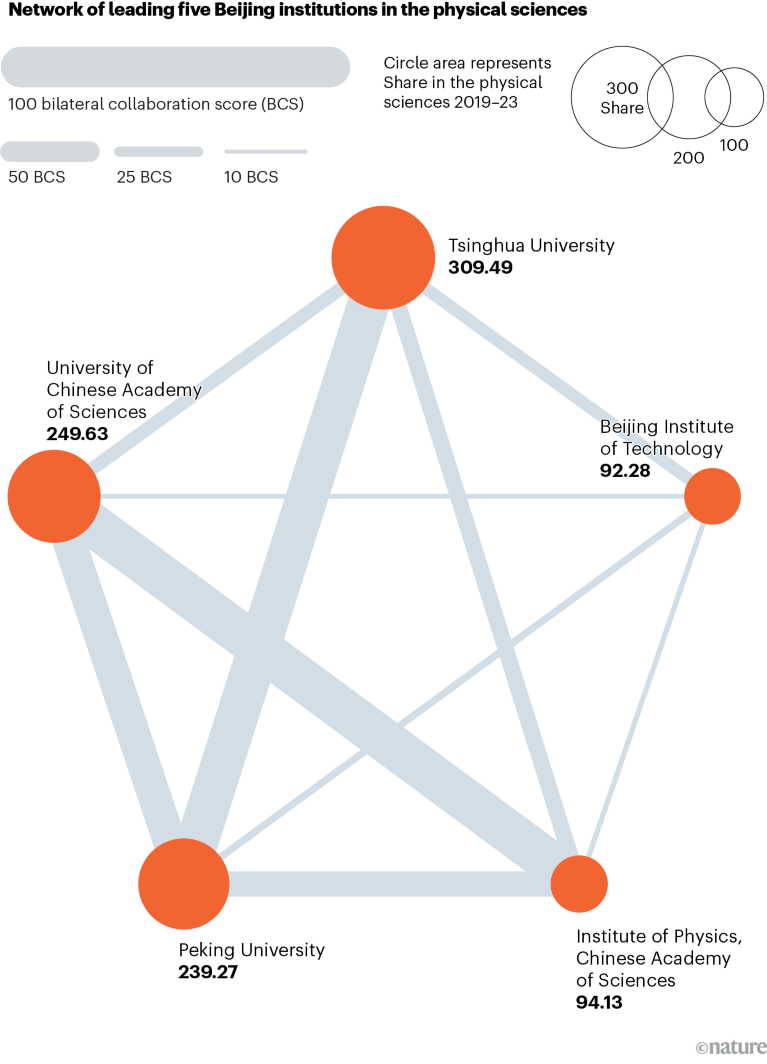
A strengthening research climate has seen Chinese cities rise to take the top three spots in this year’s leading science cities for physical sciences, as the eastern city of Nanjing climbs above both Boston and New York for the first time. Nanjing, China’s 13th largest city by population size according to the country’s 2020 census,…
-
Clams use fiber optics to channel sunlight to symbiotic algae
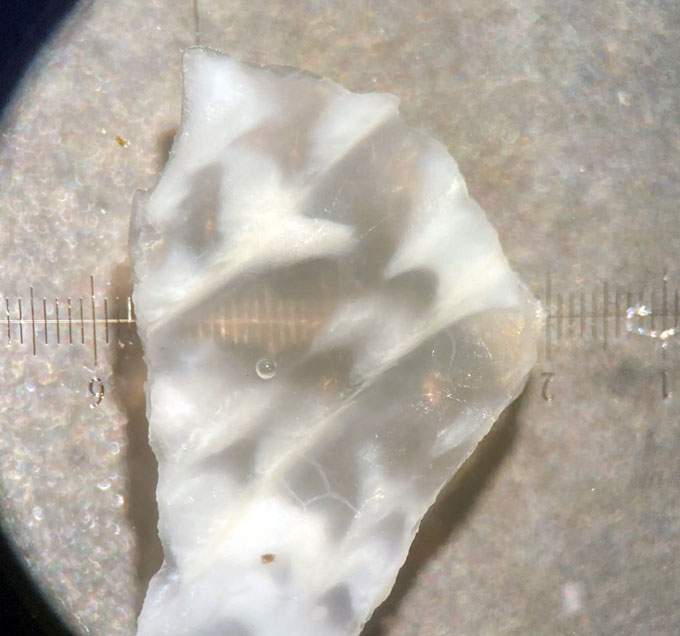
In a discovery that blurs the line between biology and technology, scientists have found that heart-shaped clams use fiber optic–like structures to channel sunlight through their shells in much the same way that telecommunications company use fiber optics to deliver high-speed internet connectivity into homes. This innovation, a first known example of bundled fiber optics…
-
How a silly science prize changed my career
Eleanor Maguire wasn’t too thrilled when she was first offered an Ig Nobel Prize. The neuroscientist at University College London was being honoured for her study showing that London taxi drivers have larger hippocampi in their brains than do people in other professions1. But she worried that accepting the prize would be a disaster for…
-
Countries could use nature to ‘cheat’ on net zero targets, scientists warn
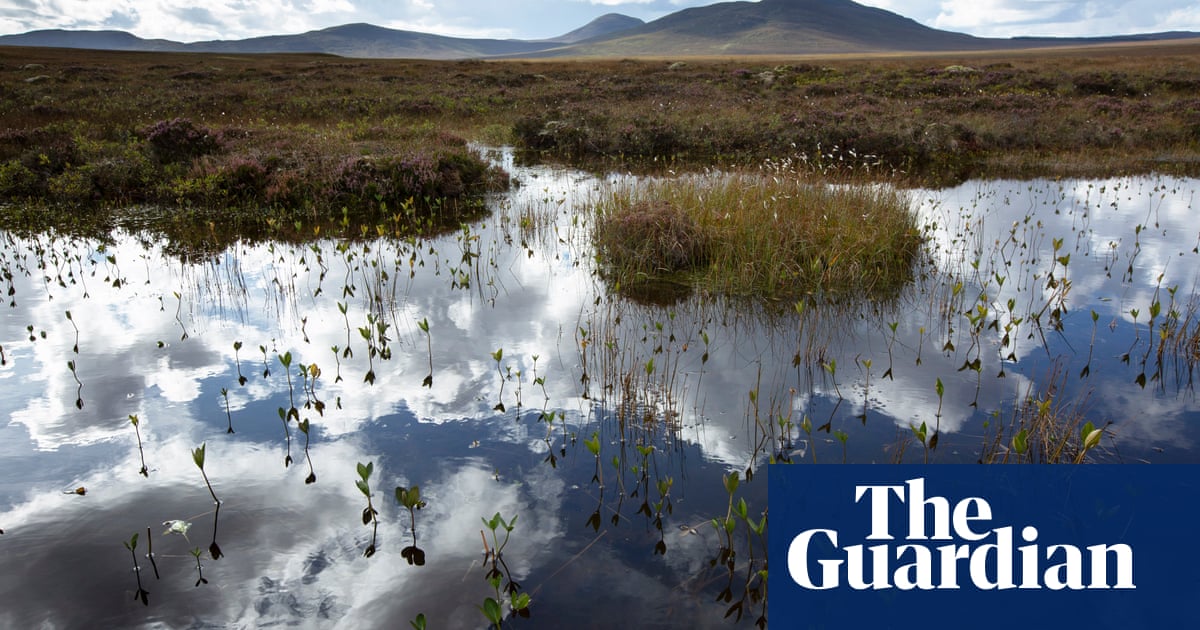
Relying on natural carbon sinks such as forests and oceans to offset continued fossil fuel emissions will not stop global heating, the scientists who developed net zero have warned. Each year, the planet’s oceans, forests, soils and other natural carbon sinks absorb abouthalf of all human emissions, forming part of government plans to limit global…
-
Why we need a body to oversee how science is used by governments

Science and Politics Ian Boyd Polity (2024) Say what you really think, Sir Ian. Politics attracts people who are comfortable with “lying” and “manufacturing social truth” and who “do not distinguish between fantasy and reality”, Ian Boyd notes in his book Science and Politics. Moreover, many scientists are falling “for the wisdom of crowds”, “following…
-
The effect of seeing scientists as intellectually humble on trust in scientists and their research
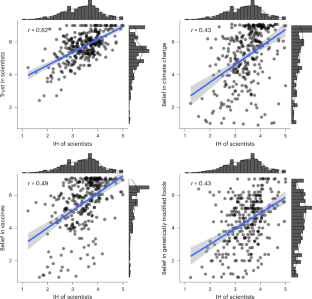
Abstract Public trust in scientists is critical to our ability to face societal threats. Here, across five pre-registered studies (N = 2,034), we assessed whether perceptions of scientists’ intellectual humility affect perceived trustworthiness of scientists and their research. In study 1, we found that seeing scientists as higher in intellectual humility was associated with greater perceived trustworthiness…
-
Killer questions at science job interviews and how to ace them

Credit: Getty Nature’s 2024 hiring in science survey This article is the third in a short series discussing the results of Nature’s 2024 global survey of hiring managers in science. The survey, created in partnership with Thinks Insights & Strategy, a research consultancy in London, launched in June and was advertised on nature.com, in Springer…
-
Fat cells have a ‘memory’ of obesity — hinting at why it’s hard to keep weight off
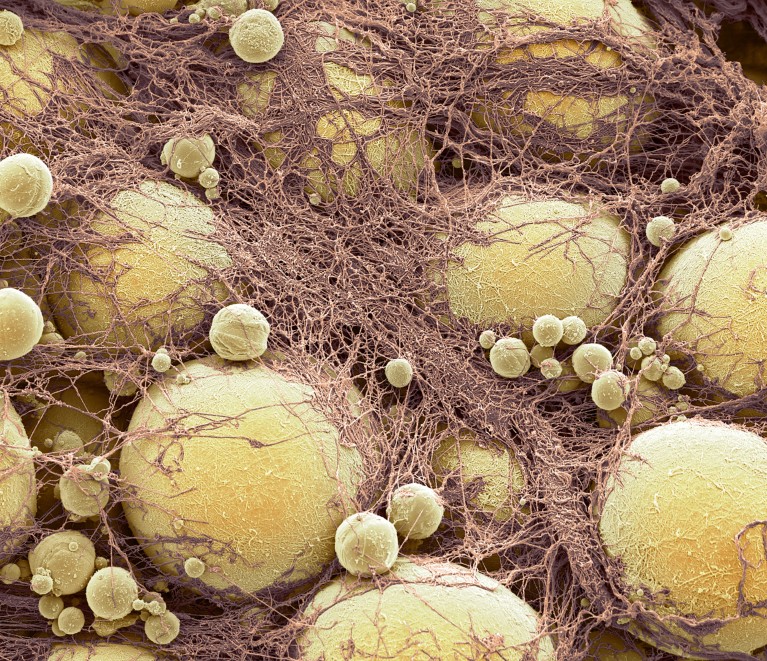
Human fat cells (shown here in a coloured scanning electron microscopy image) carry a ‘memory’ of obesity, a study has shown.Credit: Steve Gschmeissner/SPL Even after drastic weight loss, the body’s fat cells carry the ‘memory’ of obesity, research1 shows — a finding that might help to explain why it can be hard to stay trim…
-
A career with an eye to the sky
Ahead of his 75th birthday, A. R. (Ravi) Ravishankara, Professor in the Departments of Chemistry and Atmospheric Science at Colorado State University, reflects on his career in atmospheric chemistry as well as his contribution to combatting the depletion of the ozone layer. This is a preview of subscription content, access via your institution Access options…